An idyllic childhood home isn’t complete without the obligatory pet — but pets aren’t just there for fun and cuddles. Having a pet around can be of real benefit to a child’s early development — and it might even be an amazing parenting tool if your kid is struggling with everything from loneliness to eczema.
#1. They won’t need as many antibiotics.
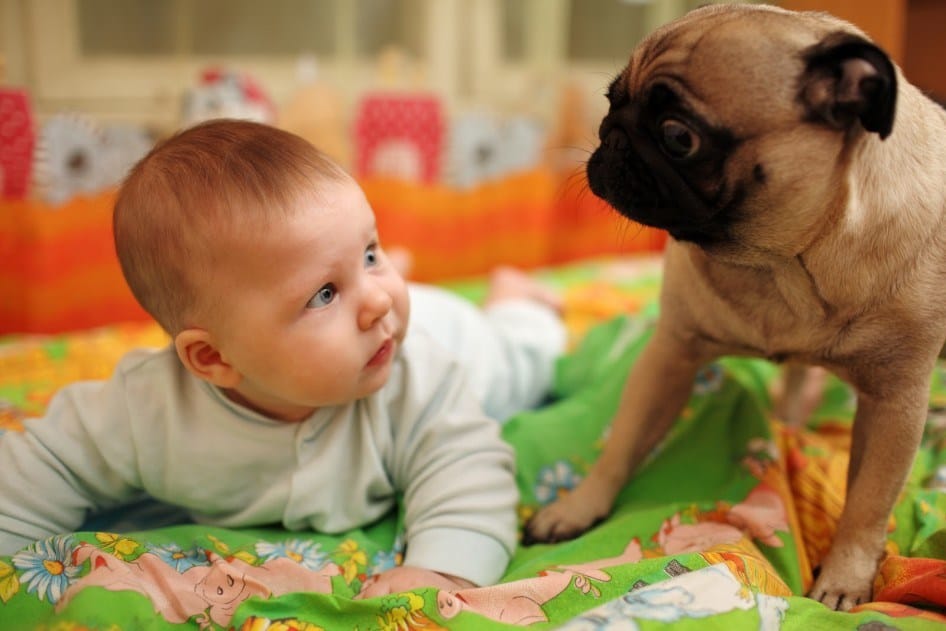
Right off the bat, studies show that infants growing up with pets in the house need less antibiotics to protect themselves from the outside world. This is part of a mounting pile of evidence that shows that over-sanitation actually contributes to child sickness — the key is to slowly introduce microbes and bacteria to a baby’s immune system, letting it mature quickly to fight more dangerous threats later on. This also helps combat antibiotic resistance common in some adults, and pathogens themselves.
#2. They’ll be healthier in general.
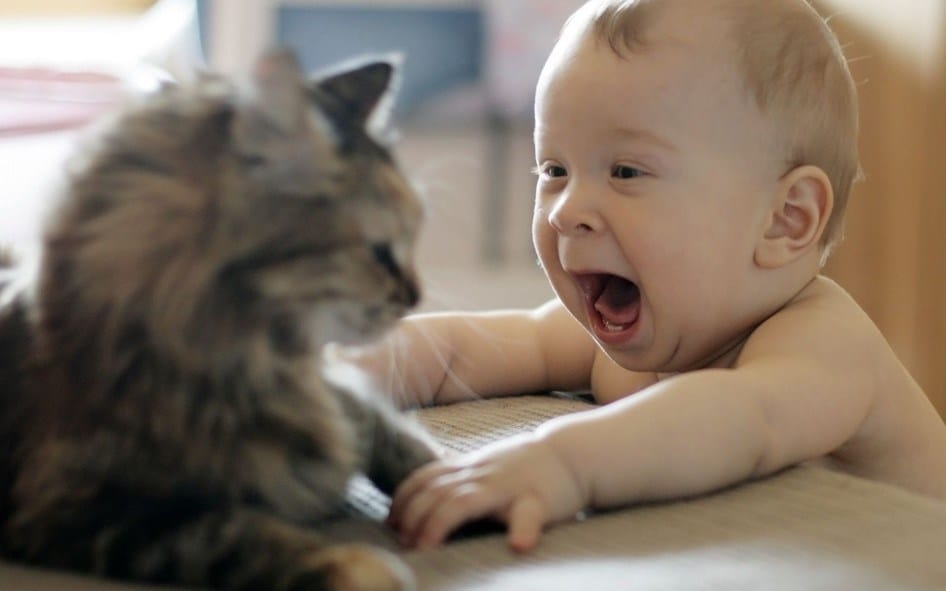
These benefits don’t just translate into less antibiotics usage — families of newborn children with pets in the house show less frequent incidences of colds, sore throats, and coughs. The interesting part? Pets who spent more time outdoors rather than with kids generally helped produce healthier children. This is probably because an outdoorsy pet gets to drag in more foreign bodies back home. All of this rang true for dogs more than cats.
#3. Pets are a self-esteem booster.
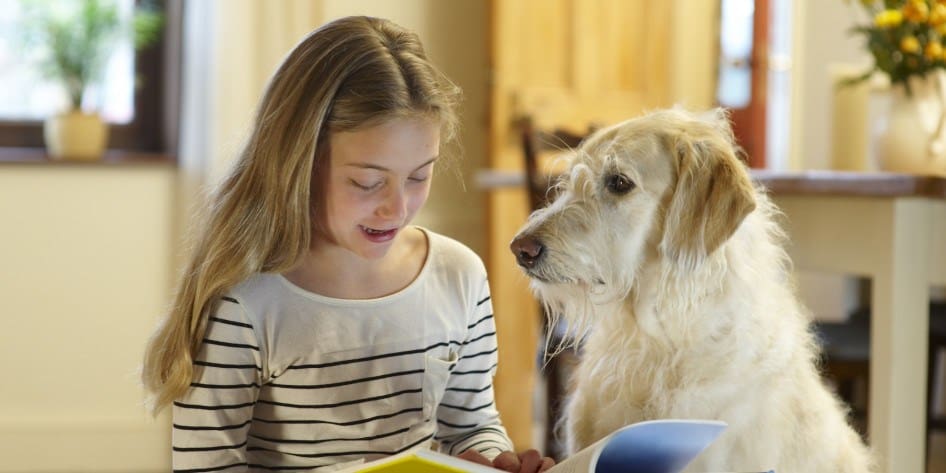
If anything can be said about pets, it’s that their love is unconditional. Once they create a bond with you, it’s all over: they’ll love you to death. And with just a little bit of reciprocation, that love can be the acceptance a child or teen needs to accept themselves, as well. Being with a pet and sharing that pet’s love can be a great way for your kid to learn that being dependable and kind are two great things to be.
#4. Pets are a great way to instill a sense of responsibility.
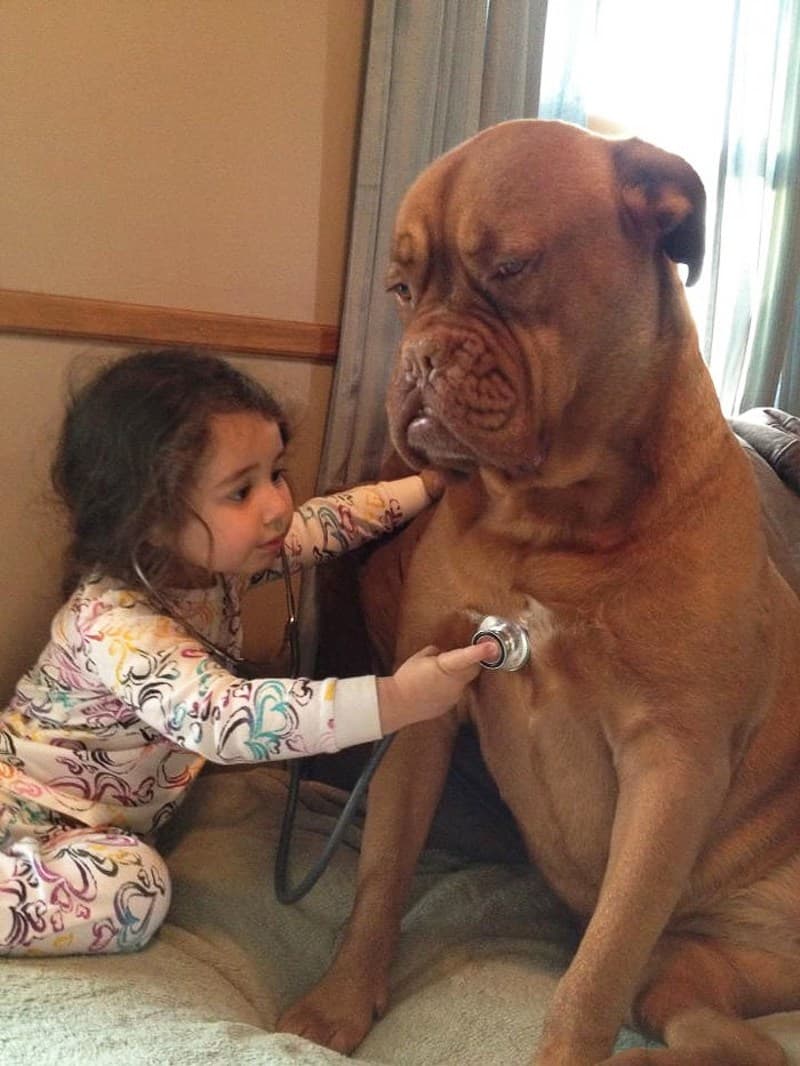
Let’s face it, pets can be tough. Especially when you’re faced with a puppy — because that entails toilet training, basic tricks, things like not jumping on people and finding a proper place in the family hierarchy. If you’re willing to entrust a pet to your child, you’d be giving them the task of taking responsibility for another living being. Pets aren’t too great when it comes to feeding themselves — or refilling their water bowls. Even just being in charge of feeding, bathing, and walking a pet can be a great way to teach children to be responsible.
#5. Pets can be a great way to teach your child about equality and justice.
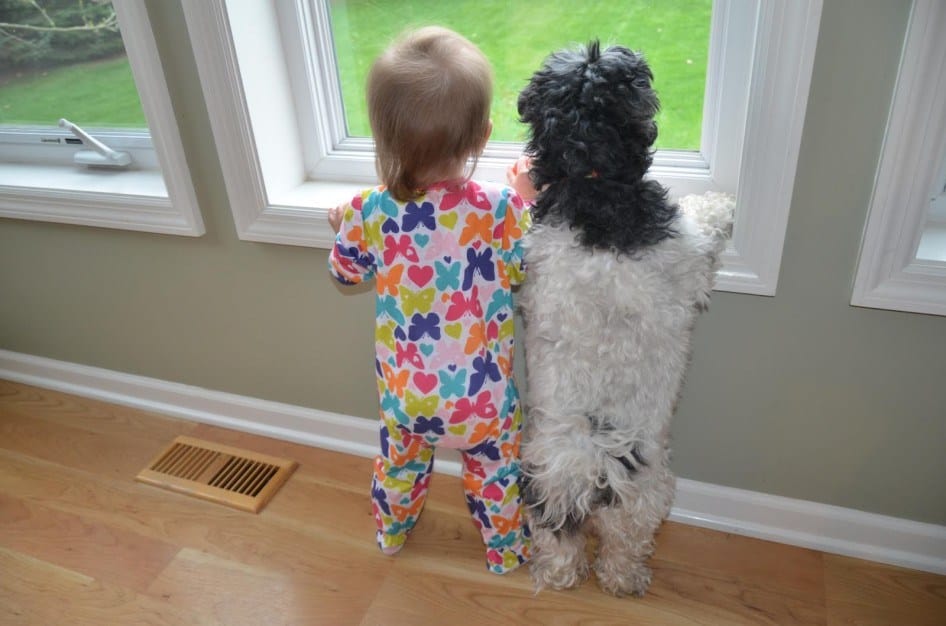
Living and growing up with a pet can teach kids to take care of the less fortunate and the less able. By asking children to reorganize their priorities, putting others in front of themselves, you can teach them to be socially responsible and compassionate in a true, actionable sense, without bigotry. Pets aren’t just playthings — they require care and respect, as do all other living beings. This is even more true with smaller pets, like rabbits and guinea pigs, who require a more guardianship than the average dog or cat.
#6. Kids growing up with pets have better social skills.
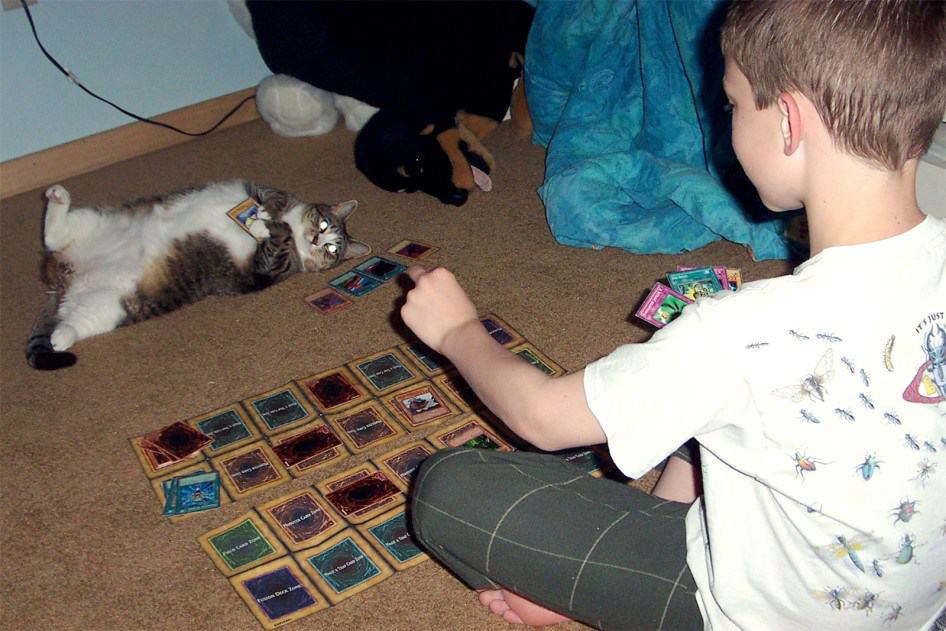
Taking care of a pet requires communication — animals don’t speak, so body language is an important part of figuring out what your pet wants. Kids growing up with pets are more compassionate, and can intuitively pick up on emotions that fellow humans display. The self-esteem awarded by taking care of and spending time with pets can also help down the road when it comes to dealing with all sorts of people.
#7. Pets can calm their owners.
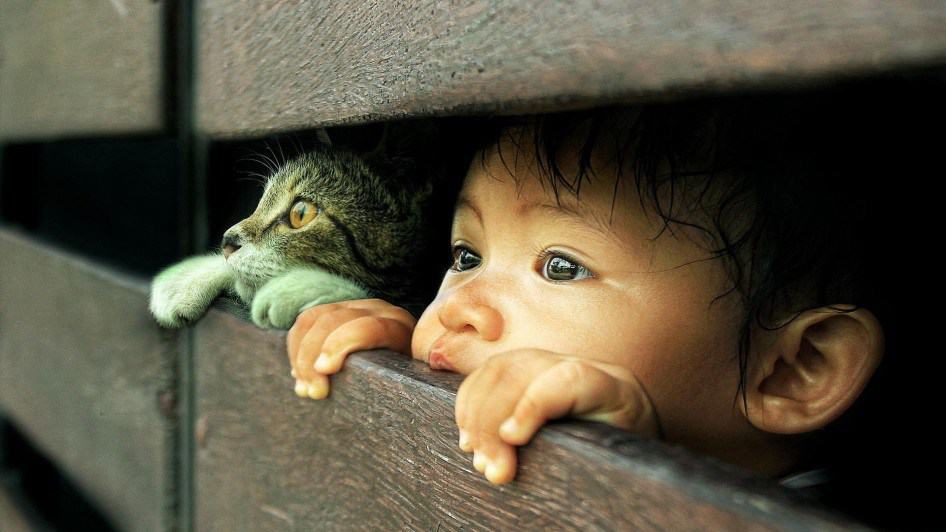
People growing up and living alongside pets show markedly lower rates of stress-related diseases and sicknesses, indicating that a pet is the perfect stress-reliever. Pets also make the best confessionals — tell them your darkest secrets, and you’re pretty much guaranteed not to get told on. They also tend to be happy around you, and happiness treats sadness. That’s scientifically valid.
#8. Kids with pets are more active.
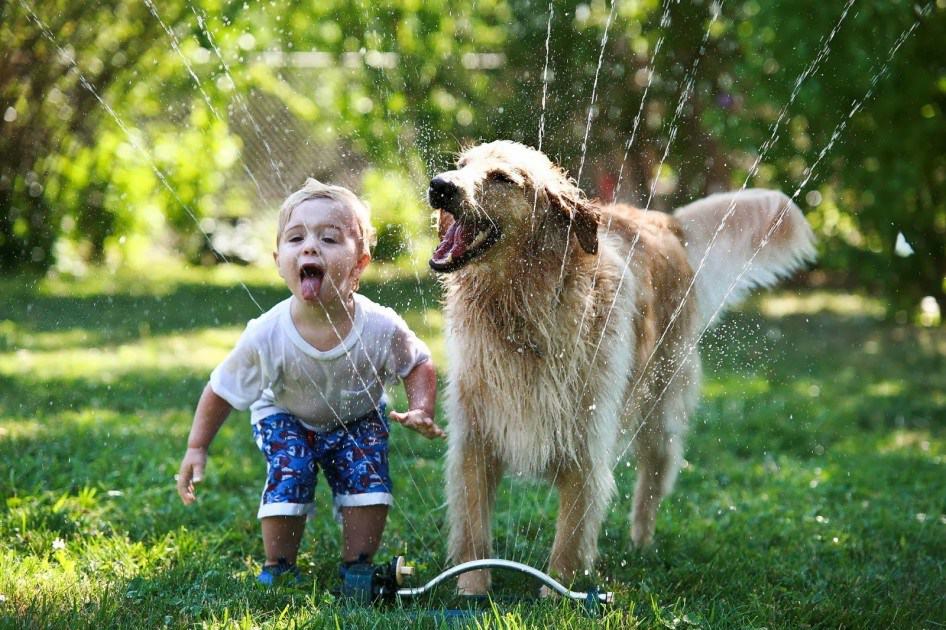
Pets, especially dogs, require a lot of activity. From a young age, playtime is an important part of a puppy’s life, with all the wrestling and running that comes with it. And when they get older, dogs need daily walks to keep their muscles and sanity intact — an hour a day is enough to help keep both pooch and child healthy.
#9. Pets are intuitively trained to be around kids.
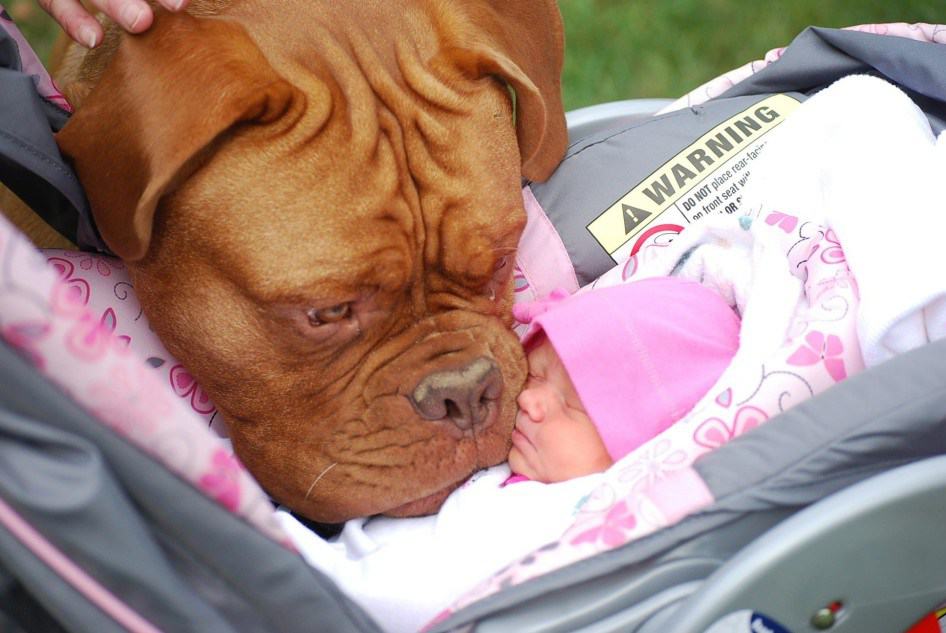
Domesticated animals, specifically ones bred for companionship like dogs, have evolved to naturally communicate and cooperate with humans — and we may have evolved alongside them. This leads to dogs regularly asking for assistance from humans in problem solving, and that helps develop that special human-dog bond, and teaches kids to help others. Dogs also show a natural affinity towards social hierarchy, making themselves guardians of both the adults and children in the home. With proper socialization, this can forge a perfect family pet.
#10. Kids + pets = best photo opportunities.
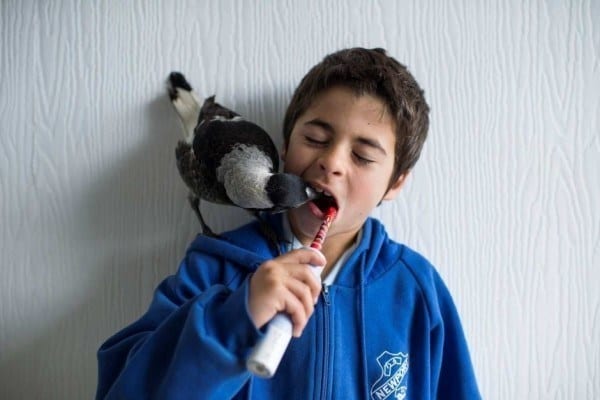
If anything, having pictures of your kids with their pets just makes looking back through all those photo albums all the more satisfying. Kids can be cute. Pets can be cute. Cute x Cute = Cute². It’s basic math.

